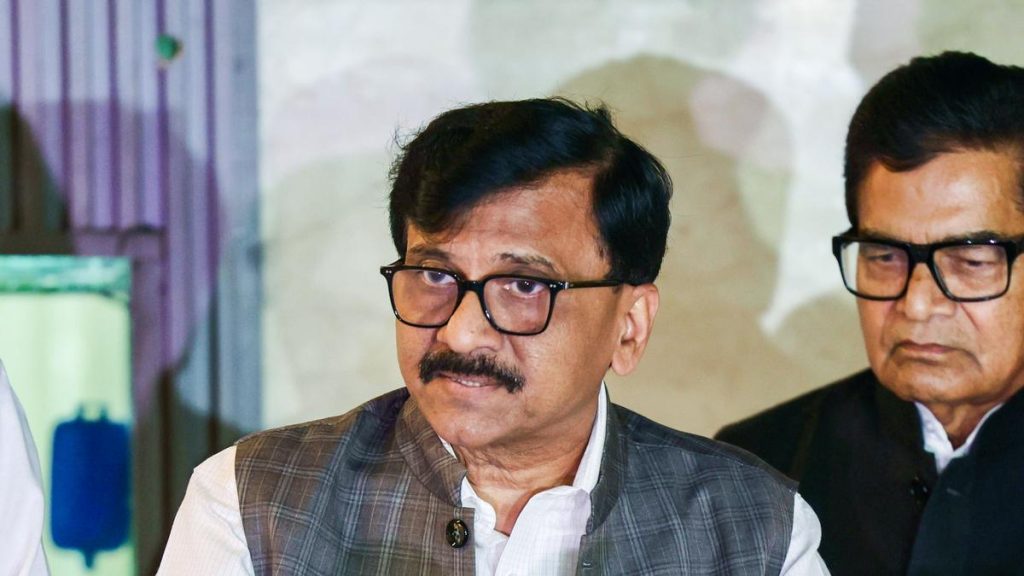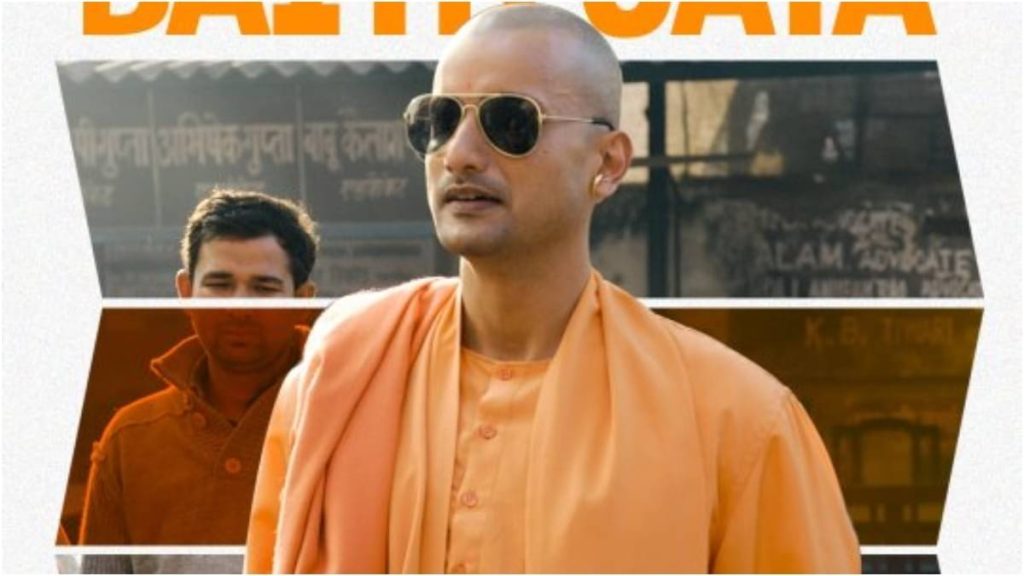Now Reading: दिल्ली: रेप मामलों में मात्र 4.3% दोषसिद्धि, आंकड़े चौंकाते हैं
-
01
दिल्ली: रेप मामलों में मात्र 4.3% दोषसिद्धि, आंकड़े चौंकाते हैं
दिल्ली: रेप मामलों में मात्र 4.3% दोषसिद्धि, आंकड़े चौंकाते हैं

Quick Summary
- Delhi’s Conviction Rate in Rape cases: An RTI reveals that between 2021-2024, only 4.3% (133 cases out of 3,097) resulted in convictions in Delhi district courts,excluding POCSO Act-related cases.
- Hostile Complainants and Law Misuse: in Saket and Rohini courts, complainants turned hostile in nearly 194 cases out of a total of 792. Allegations exist that some women file repeated false complaints for monetary gains.
- Concern Over False allegations: Supreme Court recently dismissed a false rape case involving multiple similar allegations by the same complainant over the years; this highlights potential misuse of laws enacted post-Nirbhaya incident.
- Compensation Data: Victim Compensation Scheme disbursed ₹88.26 crores to over 3,832 recipients in four years but recovered only ₹6 lakh from proven false cases.
- Judicial Challenges Exposed: Experts cite systemic inefficiencies-lengthy trials, investigative errors, and improper handling-as obstacles for justice delivery.
Indian Opinion Analysis
The starkly low conviction rate (4.3%) underscores serious flaws within Delhi’s judicial framework while raising concerns about justice accessibility for true victims of sexual violence. The emergence of hostile witnesses and recurring instances of fabricated accusations point toward gaps enabling exploitation or misuse under legal provisions meant to protect survivors.
While laws strengthened post-nirbhaya aim to ensure swift justice and deter heinous crimes, their unintended consequences-such as facilitating monetary or retaliatory motives behind complaints-demand procedural recalibration like pre-FIR verification measures where feasible and stringent penalties against proven fabricators without compromising victim confidentiality.
Moreover, inadequate support infrastructure intensifies trial delays further burdening authentic victims struggling through bureaucracy amidst societal scrutiny-their credibility often overshadowed by statistical mistrust stemming from prevalent falsified claims generating public awareness deficits damaging collective reliance system perception long-term psychological confidence erosion context India society judicial apparatus credibility balancing safeguards both vulnerable fairness-xl critical trajectory introspection

























